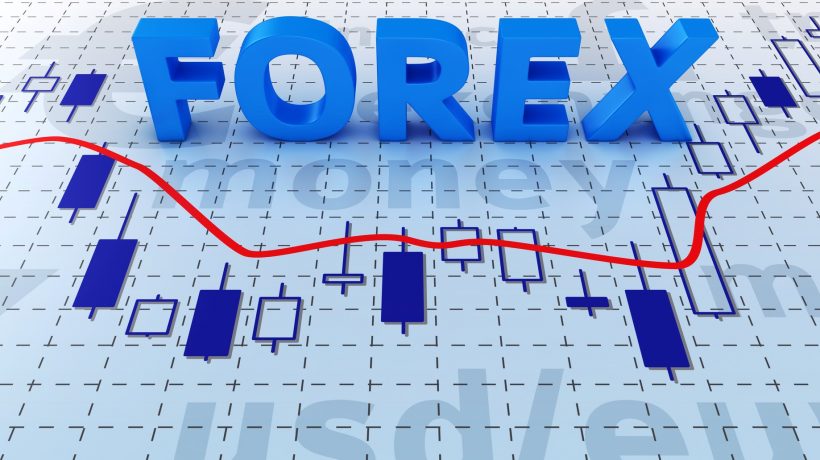
How to Get Started in Forex Trading
The buzz around forex trading has been growing for quite a while, and even rookies in the world of investment are considering the option to join their ranks. This lucrative market is rapidly becoming the most popular way of trading, and despite its accessibility, it can pose a challenge even for a versed stock trader. Unlike trading with company stocks, forex involves numerous intricacies of working with ever-changing currencies and developing analytic skills to understand the market well.
Before you delve deeper into the game of forex trading, it’s essential that you understand some of the basic rules and tendencies in order to make a profit. Of course, the risk of loss is always present, but with the right knowledge in your hands, you can minimize this risk and increase your chances to succeed.
Developing analytic skills
There are two basic types of analysis every forex trader needs to master over time. First of all, fundamental analysis is used to understand long-term changes on the market, and it’s based on a whole range of factors such as retail sales and durable goods, among many others. There are several key meetings that can also affect the value of a currency at a given moment, such as the Federal Open Market Committee. Keeping track of these events and various media coverage can affect your final call, so it’s essential to stay in the loop.
The second is the technical analysis which involves assessing trends in the given market for a currency based on its past price action. The main thing to keep in mind is that the forex market is a 24-hour one, you’ll have a slew of useful information pouring in to predict the behavior of each currency in which you’d like to invest.
Finding a reliable broker
Since this is such a fast-growing market, it’s natural that there are many brokers out there who would be happy to work with you. However, just like with any type of investments, forex trading comes with its own risks, hence the need to choose your brokers wisely. They will be your link to the system, and they will be the ones making informed recommendations for every investment you wish to make.

When you start looking for a forex broker that will keep your best interest in mind, consider choosing those with credentials and support from the right institutions. They should also be well-versed in various methods of analysis, able to offer you the type of account depending on the sum you are willing to trade, as well as offer reasonably low spreads (the difference between the selling and the buying price of a currency). These details are particularly important for beginner traders, so that you have greater control of your investments, and the right tools to make the right choices form the get-go.
How about a trial period?
Just like with all things in life worth knowing, you will learn best if you put your knowledge to work. However, this carries a high level of risk for novice traders, so you should consider opening a demo account where your losses will be significantly lower until the time comes for you to actually start seeing some profit from your trading efforts.
There are many trading platforms with this option, where you will be using “fake” money to conduct trades, but the data used in the process will be as real as it gets. This serves the purpose of prepping you for the reality of forex trading, as understanding its intricate systems will be pivotal for your success rate. So, put on your training wheels and test it out before you join the actual race.
Define your trading strategy
With a trusty broker by your side, knowledge of the market, and some hands-on experience through that trial period, you can finally start creating your trading strategy – because every trader and every broker have a unique approach to the market, and you need to define and refine yours until you find the one that brings you the most profit.

You’ll learn that there are different types of calculations you can use to fuel your decisions, and only through trial and error will you be able to discern between good and bad moves in trading. Some people like to play the long game and rely on long-term time frames, while others like to see immediate results. Your character will also be a factor to consider, if you have the patience, for example, to fuel your decisions. Remember, you should keep your mind open regarding altering your strategy, so if anything, flexibility and thinking outside of the box are essential for discovering your perfect strategy.
Keep your feelings out of the game
One of the biggest mistakes made by novice traders is that they get emotionally involved with the decisions they make. Basing your choices on gut-feelings will not lead to good outcomes, and you should learn to tame those emotions from the earliest stages of your trading career.
Always focus on data and research, talk things out with your broker, and stay informed regarding current trends. Once you make up your mind for your next move, don’t waver. Sometimes short-term losses are needed for long-term gain and learning to make these decisions without your feelings getting in the way will be crucial for your success.

